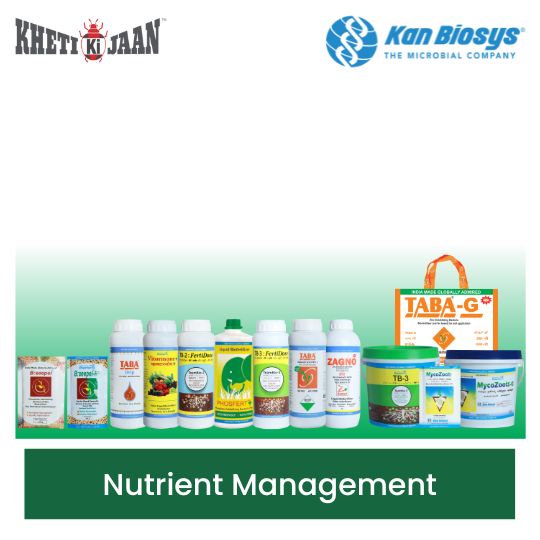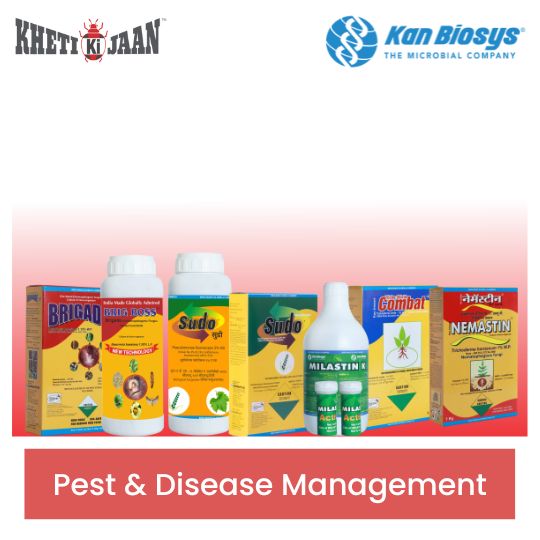We come together to chart the course for our Sustainable Sugarcane Initiative, focusing on enhancing soil health, improving sugarcane yield, increasing sugar recovery, and refining our overarching vision, mission, and marketing strategies for the forthcoming year.
VISION
To lead the sugarcane industry towards sustainable practices that prioritize soil health, maximize sugarcane yield, and optimize sugar recovery. We envision a future where our efforts not only safeguard the environment but also foster economic prosperity for stakeholders across the sugarcane value chain


Mission
Our mission is multifaceted:
1) Firstly, we are committed to implement practices that enhances soil health, such as minimum tillage, cover cropping, and organic amendments.
2) Secondly, we aim to maximize sugarcane yield through precision agriculture techniques, improved varieties, and efficient water management.
3) Thirdly, we endeavor to optimize sugar recovery by investing in state-of-the-art milling technology and process optimization.
Sustainable Sugarcane Initiative
Our sustainable sugarcane initiative revolves around nurturing soil health, boosting sugarcane yield, and enhancing sugar recovery.
Soil Health
Soil Conservation Practices
This involves implementing practices such as minimal tillage, contour farming, and the use of cover crops to prevent soil erosion, retain moisture, and improve soil structure. By minimizing soil disturbance, we can preserve soil organic matter and reduce the risk of nutrient leaching.
Enhancing Soil Organic Matter
Increasing soil organic matter content through practices like composting, green manuring, and crop residue management promotes soil fertility, water retention, and microbial activity. Healthy soils with ample organic matter are more resilient to environmental stresses and support better crop growth.
Promoting Soil Microbiome Diversity
The soil microbiome comprises a diverse community of bacteria, fungi, and other microorganisms essential for nutrient cycling and soil health. Practices such as crop rotation, intercropping, and the use of microbial inoculants can enhance soil microbiome diversity, leading to improved nutrient availability and plant health.
Sugarcane Yield
Precision Agriculture Technologies
Utilizing technologies such as GPS-guided machinery, remote sensing, and variable rate applications allows for precise management of inputs such as water, fertilizers, and pesticides. By applying inputs only where and when they are needed, we can optimize resource use efficiency and enhance sugarcane yield while minimizing environmental impact.
High-Yielding Varieties
Selecting and breeding sugarcane varieties with high-yielding traits, disease resistance, and adaptability to local conditions can significantly boost sugarcane productivity. Through continuous research and development efforts, we can identify and deploy varieties that offer superior yield potential and agronomic performance
Optimizing Agronomic Practices
Implementing best management practices such as proper planting density, timely irrigation, balanced fertilization, and effective weed and pest management is essential for maximizing sugarcane yield. Training and extension services play a crucial role in educating farmers about optimal agronomic practices and ensuring their adoption on the ground.
Marketing Planning
Educational Campaigns
Develop comprehensive educational materials and campaigns to inform stakeholders about the importance of soil health, sugarcane yield optimization, and sugar recovery in sustainable sugarcane production. Use various channels such as workshops, seminars, webinars, and educational materials to reach a wide audience.
Industry Partnerships
Collaborate with industry stakeholders, research institutions, and government agencies to drive innovation, share best practices, and advocate for sustainable policies and regulations in the sugarcane sector. Form strategic partnerships to leverage resources, expertise, and networks for collective impact.
Product Differentiation
Highlight the unique value proposition of sustainably sourced sugarcane products, including superior quality, environmental stewardship, and social responsibility. Obtain relevant certifications such as Fairtrade, organic, or sustainability certifications to validate our commitment to sustainability and differentiate our products in the market.
In summary, by prioritizing soil health, maximizing sugarcane yield, optimizing sugar recovery, and implementing strategic marketing initiatives, we can advance our sustainable sugarcane initiative and contribute to a more resilient and prosperous sugarcane industry.



